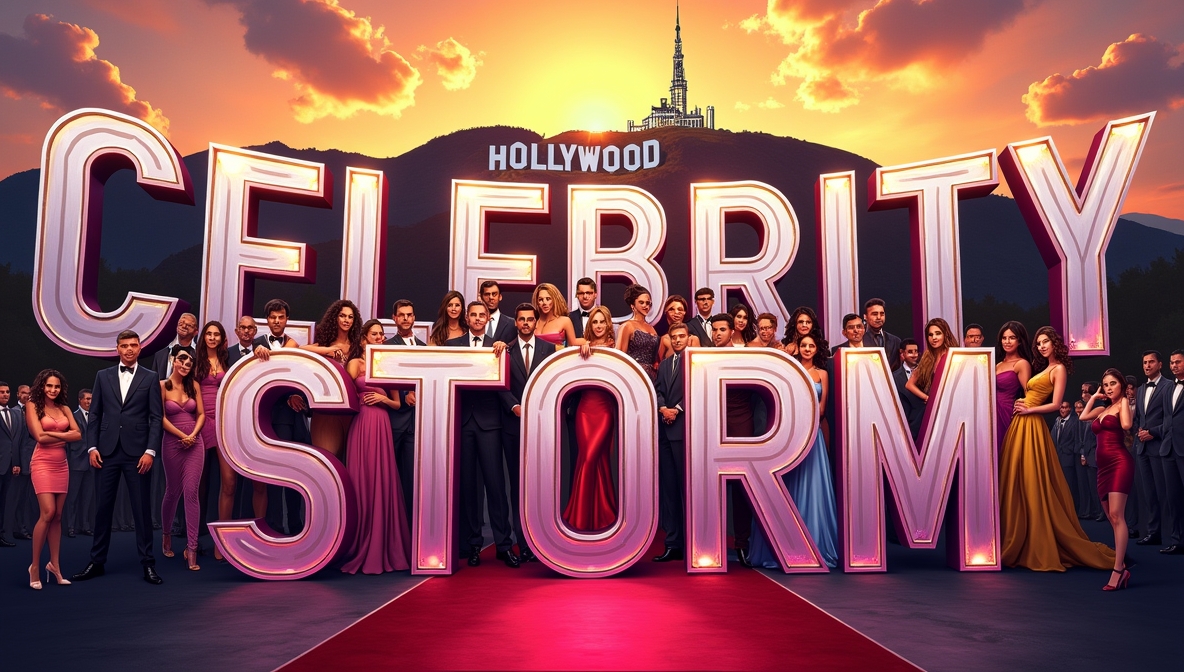Eddie Murphy Stands By Norbit and Rebukes ‘Oscar-Loss’ Rumors

By Maya Rivers. A wannabe poet waxing lyrical about the article, even if it doesn’t quite deserve it.
There are moments in an artist’s life that read like small tragedies wrapped in press clippings, and Eddie Murphy’s defense of Norbit is one such minor epic. The actor, now 64, recently told Complex that he genuinely likes Norbit, the 2007 comedy he co-wrote with his brother Charlie that critics savaged and that some claimed cost him the Academy Award for his 2006 Dreamgirls performance.
“I love Norbit,” Murphy said in the Complex interview, pushing back against the cultural verdict that turned his broad comedy into a cautionary tale. He noted the timing: Norbit arrived in theaters shortly after his first Oscar nomination for Dreamgirls, where he played soul singer James “Thunder” Early. The awards season was otherwise kind to Murphy that year; he secured wins at the Golden Globes and the Screen Actors Guild Awards, yet the Academy Award for Best Supporting Actor at the 2007 ceremony went to Alan Arkin for Little Miss Sunshine while Jennifer Hudson won Best Supporting Actress for Dreamgirls.
Critics did not spare Norbit. Directed by Brian Robbins and featuring Murphy in multiple roles including Rasputia, the film also starred Thandie Newton, Terry Crews, Cuba Gooding Jr., and Marlon Wayans. Norbit drew eight Razzie nominations and ended up with Razzie “wins” including worst actress, worst actor, and worst actor of the decade. Murphy scoffed at the Razzies’ severity, saying, “Come on now, sh-t ain’t that bad,” and reiterated that he and his brother wrote the film because they thought it was funny.
Murphy rejects the neat narrative that Norbit undermined his Dreamgirls momentum. He told Complex that the two films are entirely different in tone and intent, and that bashing one should not cancel the other. He also named other films he regards as worse missteps: 1998’s Holy Man and 2002’s The Adventures of Pluto Nash, the former a project he accepted over Chris Tucker’s eventual Rush Hour role. “It was a no-brainer,” Murphy admitted of choosing Holy Man, and later called it “soft” rather than “horrendous.”
The backlash in the late 2000s did push Murphy to take a step back. He told Marc Maron in 2021 that he had been making “sh-tty movies” and that receiving Razzies and harsh criticism sapped the joy from his work, leading him to press pause. That candid admission gives weight to his present-day defense of Norbit: he isn’t simply being nostalgic, he’s reframing a moment when an artist was both celebrated and mocked within weeks.
There’s a lesson in the episode about artistic range and public taste. Norbit aimed for broad, exaggerated comedy and earned scorn for its caricatured portrayals and tonal misfires; Dreamgirls was a dramatic showcase that showcased Murphy’s depth. The two films inhabited opposite ends of Murphy’s creative spectrum and yet became inextricably linked in awards-season mythology.
Murphy’s insistence that he still enjoys Norbit, that he and his brother crafted it intentionally, and that the film isn’t the mortal sin some critics made it out to be, forces us to reconsider how we assign blame for career setbacks. Was it one movie, or accumulated misfires and shifting critical appetites? Murphy leaves the question open in a frank, sometimes wry way—he laughs at the Razzies, names his own missteps, and doesn’t beg forgiveness from the critics.
So here is Eddie Murphy, older and candid, defending a film that became a totem of his perceived decline while reminding us that artists may embrace work imperfectly loved by others. What does one call loyalty to a projekt that incurred ridicule and, possibly, professional cost? Maybe stubbornness. Maybe artistic stubbornness is its own quiet triumph.
And so the curtain falls on this small drama, for now; the next act will tell whether Murphy’s legacy is judged by the highs of Dreamgirls or the Rah-rah messiness of Norbit—and whether he ever truly believes awards season’s verdicts are the final word.
Final thought: the laugh track of history is long; Murphy’s still writing his lines.
Sources: Celebrity Storm and Complex, New York Post
Attribution: Creative Commons Licensed




